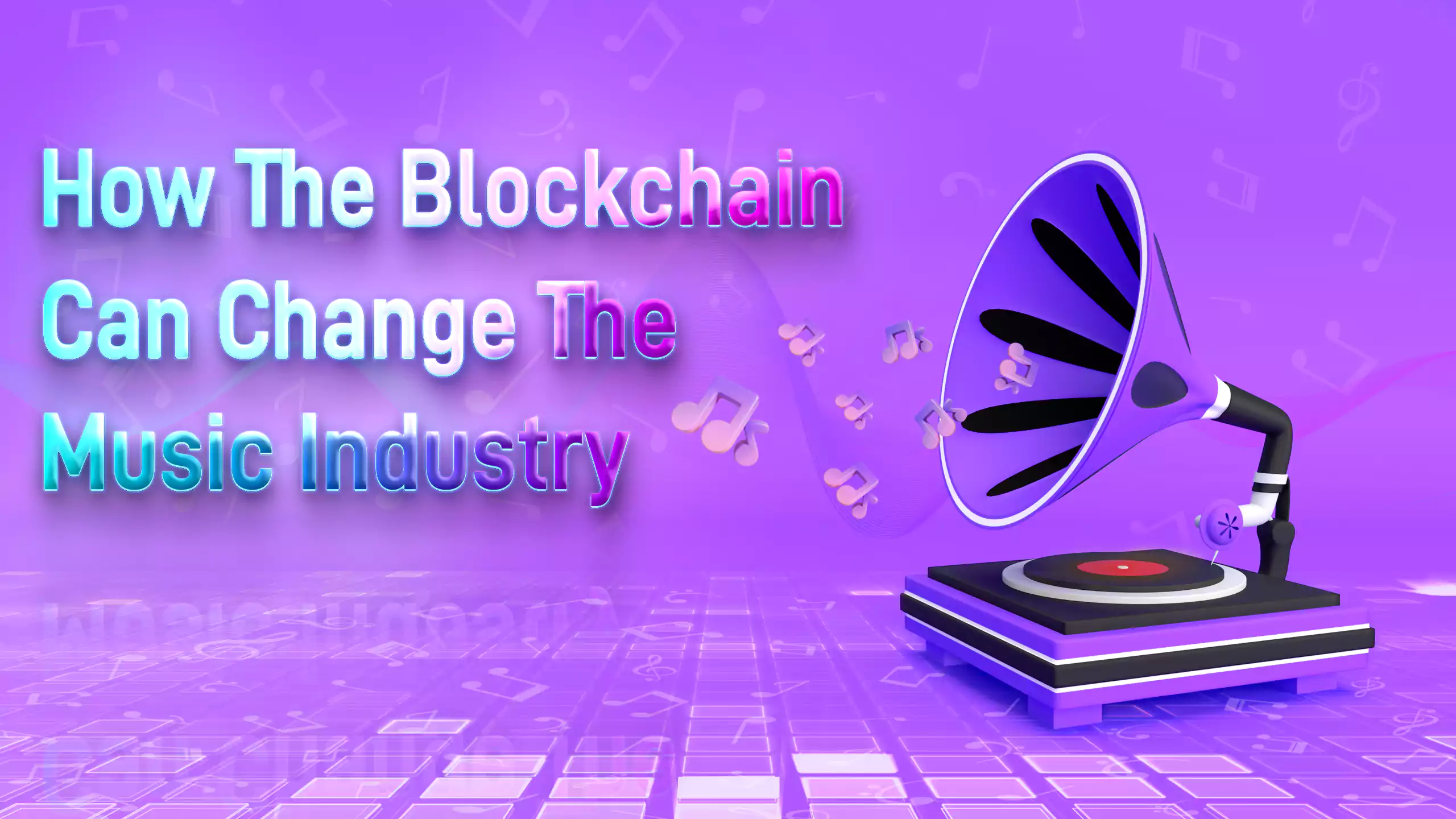It is no longer news that the music industry has been in a state of near-constant instability, ridden with unfairness, feuds over dividend distribution, a lack of transparency, declining revenues, and piracy issues. A testament to this would be Prince inscribing the word “Slave” on his face in protest for artistic freedom, or Taylor Swift removing her music from Spotify and re-recording the old albums she made. For years, record labels have controlled the music industry, having all the resources to produce, distribute, and promote CDs and records. When file-sharing services came in with the advent of the internet, they threatened labels a great deal. However, Spotify and other streaming services became players in the game, allowing them to make more money than ever before from their existing back catalogs.
The chain goes from Providers of streaming services being despised by the music industry to file-sharing services being despised by providers of streaming services. Most importantly, content creators despise music and streaming companies alike, profiting massively from their labor and giving them meager portions. The constant tension straining across different levels in the industry and different capacities left questions that have long been left unanswered. However, with definitive answers that address all gaps in the music industry, the blockchain has emerged today with strong potential and mouth-watering possibilities.
How the Blockchain Affects the Music Industry
A blockchain is a decentralized database distributed among computer networks that stores information in a digital format, making hacking the system or altering the data on it impossible. As a result, the blockchain can change the music industry by revolutionizing publishing, monetization, and artist-fan relationships. One very effective way the blockchain is used in the music industry is through the generation of Music NFTs.
NFTs (Non-fungible Tokens) are digital tokens that can be used to indicate ownership of one-of-a-kind goods. They enable us to tokenize artwork, collectibles, digital lands, etc. They can only have one official owner at a time, and they're protected by the blockchain, which means no one can change the ownership record or create a new NFT. Music NFTs are NFTs that represent music tracks recorded on a blockchain and belong solely to the NFT's owner. Unlike mp3s downloaded easily to devices, they may be sold and resold on the secondary market, allowing musicians to earn royalties on every sale. Below are the ways the blockchain affects the music industry:
Permanent Record
Blockchain can affect the music industry; music is recorded on the ledger with a unique ID and time stamp. This will address the long-standing issue of consumers downloading, copying, and altering digital content at their leisure. In addition, each record can store metadata comprising ownership and rights information in a transparent and immutable format that anybody can view and verify, ensuring that the right people get compensated for the content's use.
Music Monetization
Smart contracts, which are programs, carried out on the blockchain alongside payment transactions, provide the foundation of the architecture. Micropayments are achievable with blockchain-based cryptocurrencies like Bitcoin and Ethereum,but practically unattainable with traditional payment methods due to transfer fees, paving the way for a new approach to providing on-demand music services. Users can choose their favorite record and reward the stakeholders with cryptocurrency as soon as they play it.
Fostering Closer Relationships
The ability to establish more direct contact between artists and consumers is one of the benefits of a blockchain ledger that cannot be ignored. Composers and artists will no longer be obliged to go through purchasing platforms and financial brokers, who typically take a large share of the earnings when their music is played. Additionally, this could be a blessing in disguise for all those indie producers who don't have access to major record labels.
Companies That Have Integrated The Blockchain In Music
Vezt
Vezt is a music rights marketplace that allows music fans to directly fund their favorite artists, composers, and producers in exchange for royalties generated from their favorite recordings. The platform collects royalties from performing rights organizations, records labels and publishers on behalf of fans and tracks them with proprietary blockchain technology. Vezt has secured the rights to songs by John Legend, Drake, Jay-Z, and Kanye West, with additional collaborations, expected soon.
Musicoin Foundation
Musicoin is a shared economy music streaming network that facilitates music development, consumption, and distribution. Its blockchain infrastructure enables secure and transparent peer-to-peer music transfer. Their cryptocurrency, MUSIC, is a global currency that facilitates all music and music-related transactions. Musicoin eliminates the need for third parties, ensuring that the artist receives 100% of all streaming money. In addition, Musicoin has been integrated into the Volareo smart speaker technology, allowing musicians to be reimbursed quickly.
Viberate
Viberate is currently the world's largest live music database, having over 5,000 music festivals, 460,000 artists, and 500,000 global music events. Viberate's curated profiles feature forthcoming shows, social media activity, and music videos for each artist. Using blockchain technology, the company manages millions of crowdsourced data points with real-time rankings and profiles. In addition, VIB tokens, Viberate's preferred digital currency in the music industry, are awarded to community members. Showtek and The Chainsmokers are just two musicians who have already set up Viberate accounts for better engagement with fans.
BitSong
BitSong is the world's first decentralized music streaming network that caters to artists, fans, and even advertising. Its music streaming technology aims to solve the problem of money, which is quite significant in the music industry. Using the blockchain-based system, artists can upload tracks and attach advertisements to them. The artist and the listener will receive up to 90% of the earnings invested by the advertiser for each commercial heard. The $BTSG token can also donate to musicians and purchase music. BitSong's streaming platform, which has over 177,000 subscribers, has teamed with musicians such as Ahmet Kilic and Alex Guesta to demonstrate the app's decentralized payment approach.
OnChain Music
Through blockchain and the selling of NFTs, OnChain Music enables DJs, artists, singer-songwriters, bands, and other musicians to make more money from their royalties. The platform has established the $MUSIC token, a hybrid cryptocurrency with utility, governance, and revenue-sharing features. Creatives on OnChain's list may get larger royalty payments as the value of the $MUSIC token rises, effectively converting their music into an investment. OnChain's roster presently includes 235 artists, ten record companies, approximately 2,000 songs, and over 300 albums, and its token is available for trading on Uniswap and PancakeSwap today. Music hosted with OnChain is disseminated through platforms such as Aurovine, Audius, XSongs, and Emanate, and artists and labels receive 85 percent of all revenue generated. Revenue is distributed in cryptocurrency, subsequently exchanged for USD or USDT.
Conclusion
With the blockchain available to expand creativity and profit-making potential, the future of the music industry looks great. From addressing copyright issues to creatives owning their businesses on the blockchain and consumers becoming marketers themselves and earning money, the blockchain has made possible a win-win situation for all. Though many creative people are still unsure or don't know much about the new blockchain technology, more needs to be said about how this system can encourage more people to use it and remove some of the doubts that people have about it.






